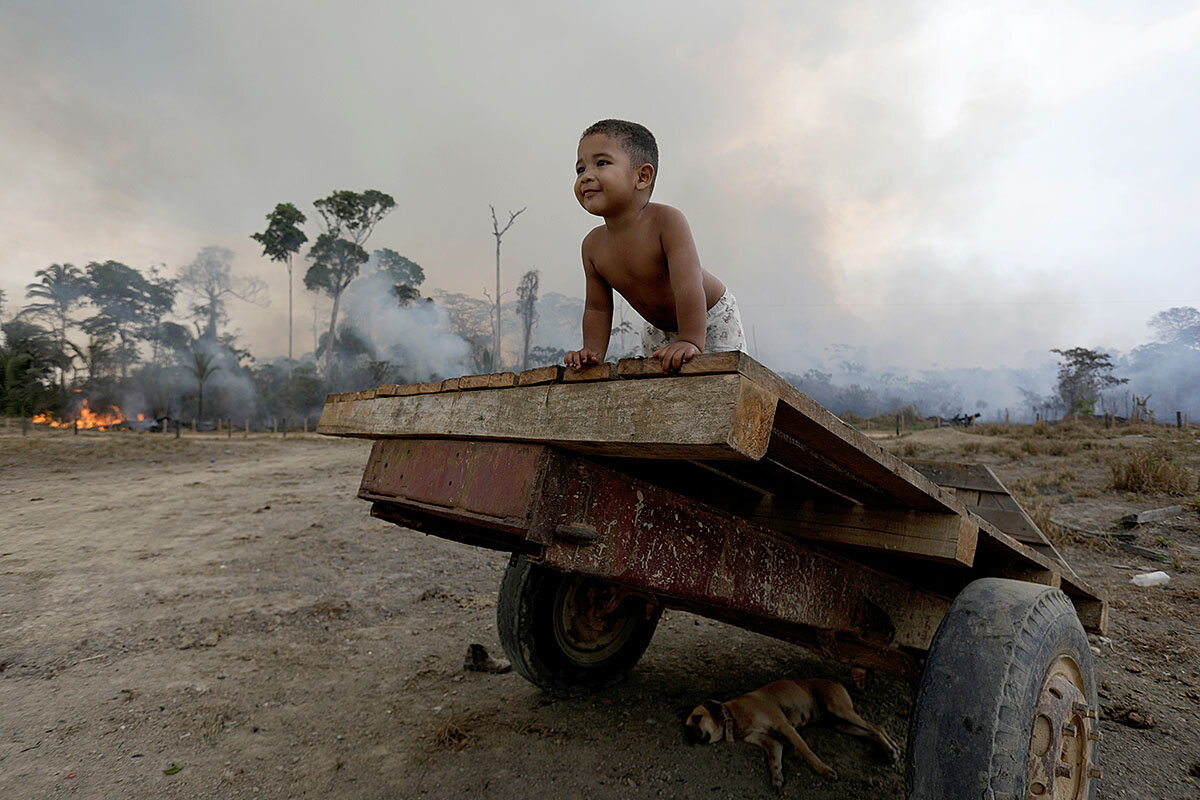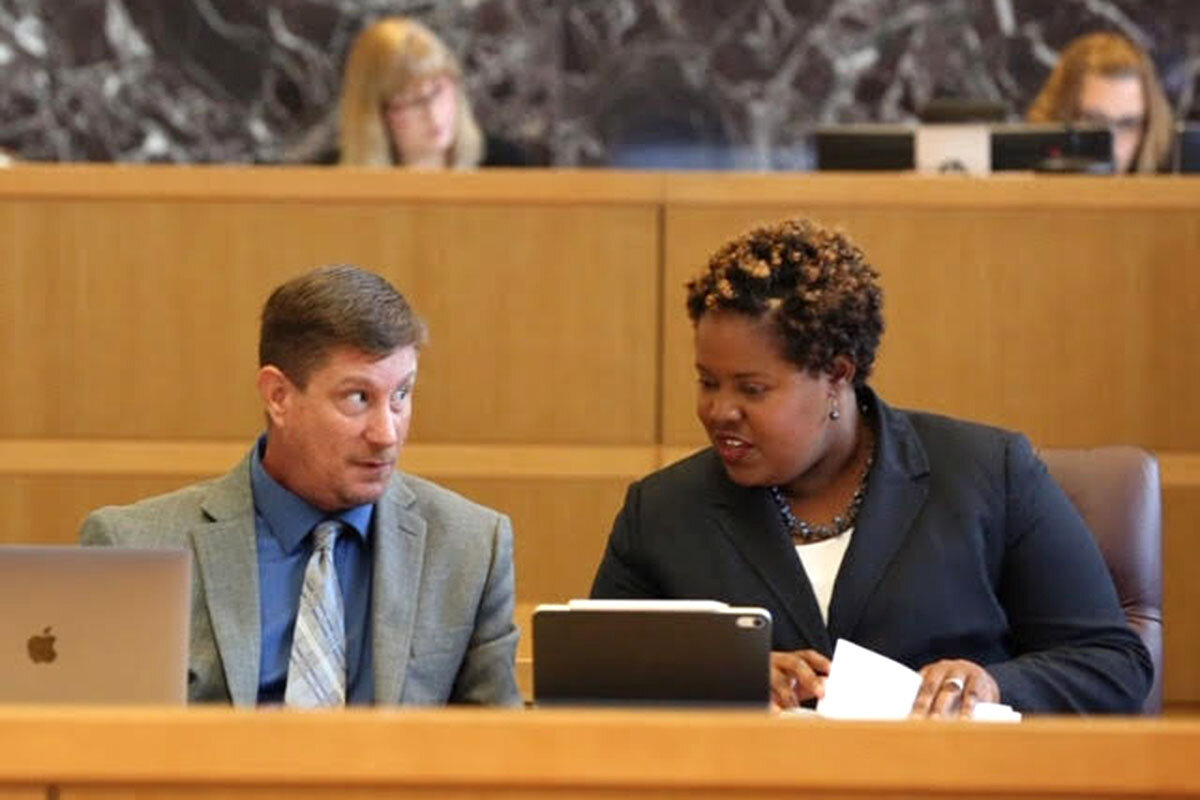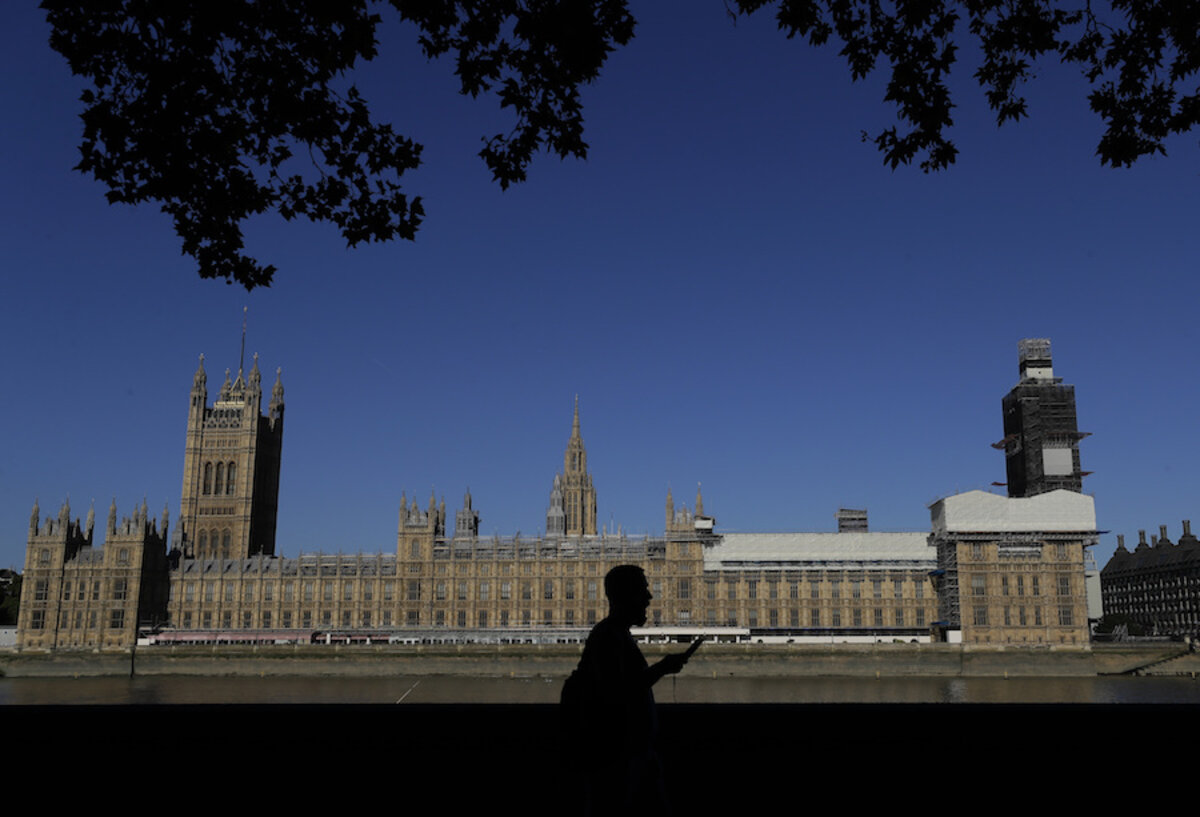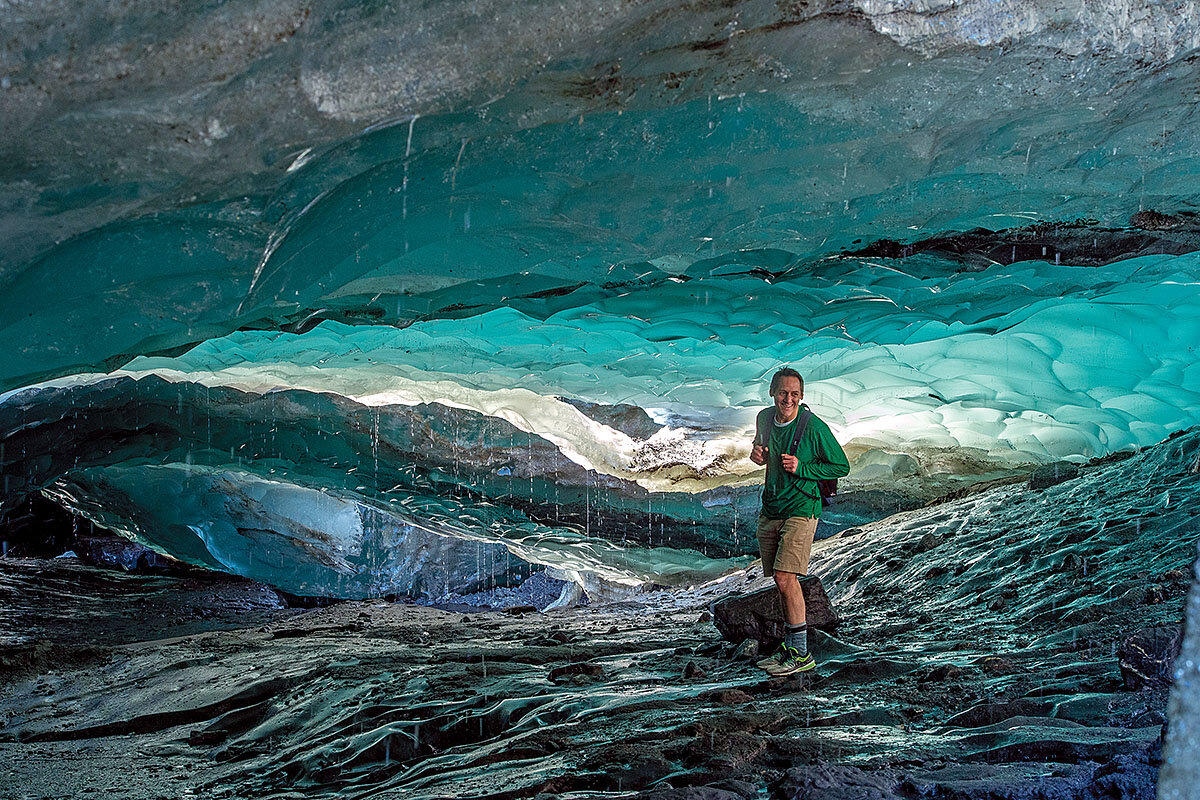Many people increasingly see environmental crises like the fires in the Amazon as global concerns. But how can remote actors like the EU make a difference, especially when regional players seem uninterested?
Monitor Daily Podcast
- Follow us:
- Apple Podcasts
- Spotify
- RSS Feed
- Download
 Linda Feldmann
Linda Feldmann
In today’s edition, our five stories explore globalism (the Amazon fires), deterrence (Iran vs. Israel), equal treatment (the racial politics of justice), urban wildlife (raccoons in Toronto), and whimsy (competitive whistling).
With Hurricane Dorian barreling toward Florida, we’re seeing predictable news coverage: Long lines at grocery stores from Miami to Jacksonville. Political leaders urging residents to stay out of harm’s way. Emergency responders preparing for the onslaught.
Floridians are battle-tested when it comes to hurricanes, and some even embrace the challenge in the spirit of the old saying, “Out of crisis comes opportunity.”
In Lake Worth Beach, Florida, Julian Concepcion has started a business called Tribal Cocos, in which he’ll climb your coconut tree and cut off the coconuts before the high winds turn them into projectiles.
“It’s just me, a machete, and sometimes a rope,” Mr. Concepcion told WPLX-TV. Those who can’t afford to pay, he adds, won’t be charged.
Neighbor helping neighbor is a constant during hurricane season – from hanging storm shutters to delivering food and water to underserved communities. After a storm passes, some neighborhoods have a big cookout. Because, why not? After a power outage, some food that has gone unrefrigerated must be eaten right away or get thrown out.
We’re also reminded of Monitor writer Patrik Jonsson’s story out of coastal North Carolina last year after Hurricane Florence struck. There, neighbors put aside differences over politics and global warming to find a solution to chronic flooding.
Heading into the holiday weekend, we wish Florida well.









